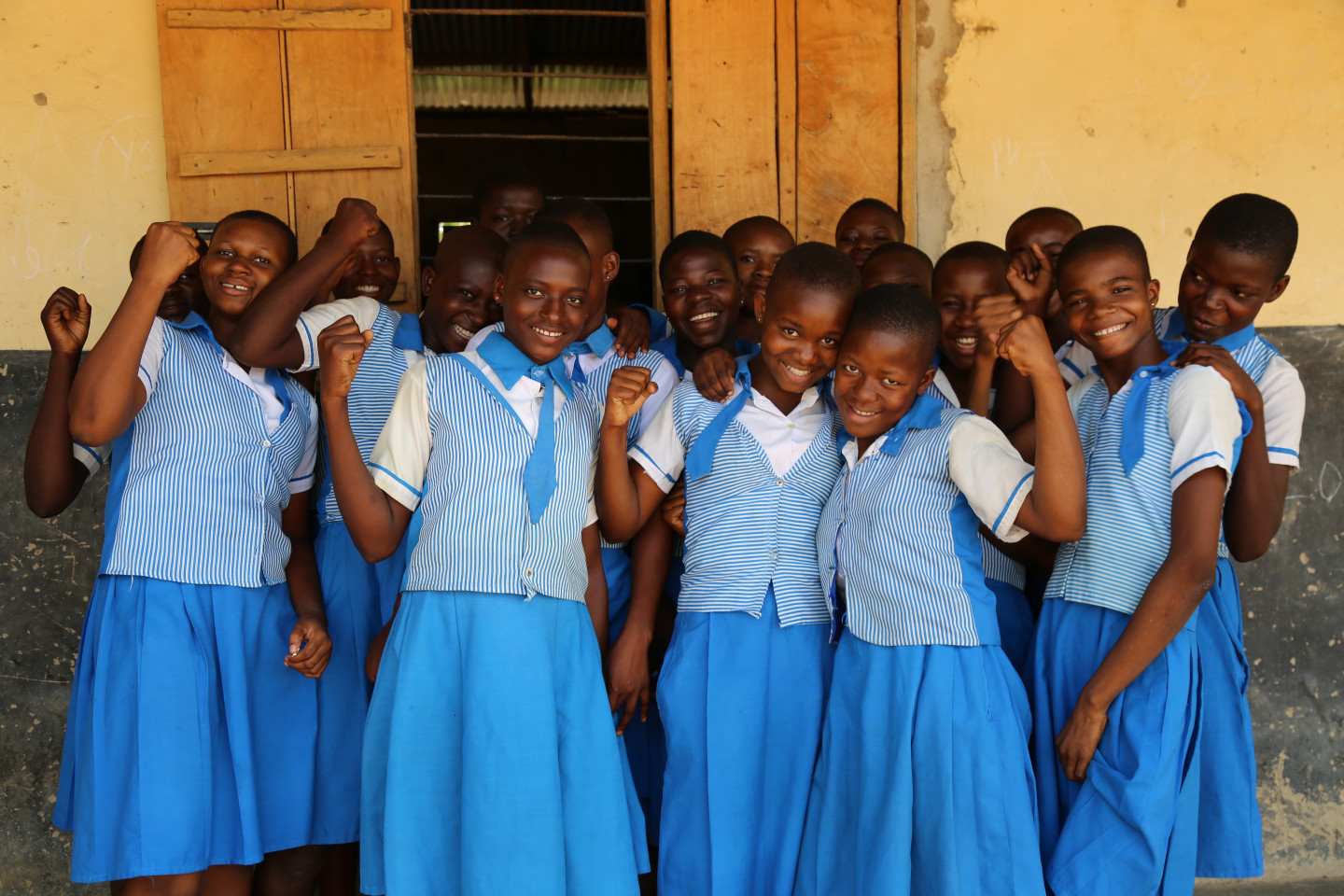Happy International Women’s Week 2022!
This year’s theme: #BreaktheBias.
But what is bias, and what does it mean in the context of women and girls?
Bias can be defined as an ‘inclination or prejudice for or against one person or group, especially in ways considered to be unfair’; referring here to the tendency for women and girls to be unfairly discriminated against on the basis of their gender. Whether conscious or unconscious, this bias is responsible for daily challenges women face across the globe – so let’s break down how this bias manifests itself for women and girls in northern Ghana, and two ways AfriKids are supporting local communities to identify these biases and break through them!
Future’s Freedom
In northern Ghana, girls face disparities in their access to education in more ways than one. While Ghana has seen rapid improvements in girls’ access to education in recent years, there are still major challenges with girls completing education beyond a primary level - only one third of girls from rural areas complete secondary school. As girls who are in school begin to get older, they also face greater societal pressures than their male counterparts to drop out – many times due to uniquely gendered issues such as forced marriage and pregnancy. AfriKids works to not only get girls into schooling in the first instance, but also to help them stay there, by empowering them with information that allows them to recognize their rights and take control of their bodies.
The Future’s Freedom project, focusing on Sexual and Reproductive Health and Rights (SRHR), works to promote integral educational programs on these topics in schools, and through this improve the maternal and reproductive health of girls and women in the region. By breaking the bias that enables patriarchal structures to take advantage of girls and young women, AfriKids help to empower these young women to take control of their rights, and subsequently their education, to ensure they have the best chance possible at lifting themselves out of poverty. As Iddrisu Khadija, president of the SRHR club at her school says,
“I realise that I’ve become increasingly assertive, more confident and liked by many people. I have a better understanding of my rights and responsibilities including my sexual and reproductive rights and want all young people to know and demand theirs too. That’s how we can cut down the high number of child marriages and teenage mothers in my community!”

Breaking Barriers
However, in northern Ghana, even after girls have been given access to schooling and empowered with tools to help them stay there, they face further biases within the school system itself. Discrimination manifests itself in the subjects girls are encouraged or expected to study, with Science, Technology, Engineering and Maths (STEM) often at the top of the list of those subjects considered to be unsuitable or unnecessary for a girl’s education. Breaking Barriers, a new project introduced last year, works to provide STEM education for 500 girls in the Upper East region of northern Ghana. The project established clubs in 20 schools that focused on STEM education for girls, providing them with equipment and kits to conduct experiments and build robots, not only facilitating hands-on learning but also inspiring a passion and excitement for the skills STEM subjects can provide them with. The hope is that progress and successes from this project can be shared with the Ghana Education Service in the hopes of mainstreaming it into more schools to reach even more girls and young women. With the STEM sector in Ghana quickly expanding, but showcasing a huge gender disparity within it, breaking the bias for girls at a young age expands their opportunities by enabling them to develop the skills to pursue career in STEM, lifting them out of poverty to hopefully continue breaking that gender bias within the STEM sector!
Thanks to the incredible support of the Players of the People's Postcode Lottery, our Breaking Barriers project ensures that quality STEM education & careers are accessible to girls from northern Ghana, empowering them with the confidence to reach their full potential
